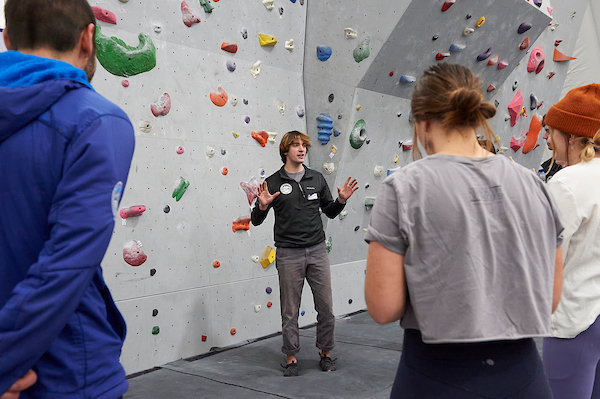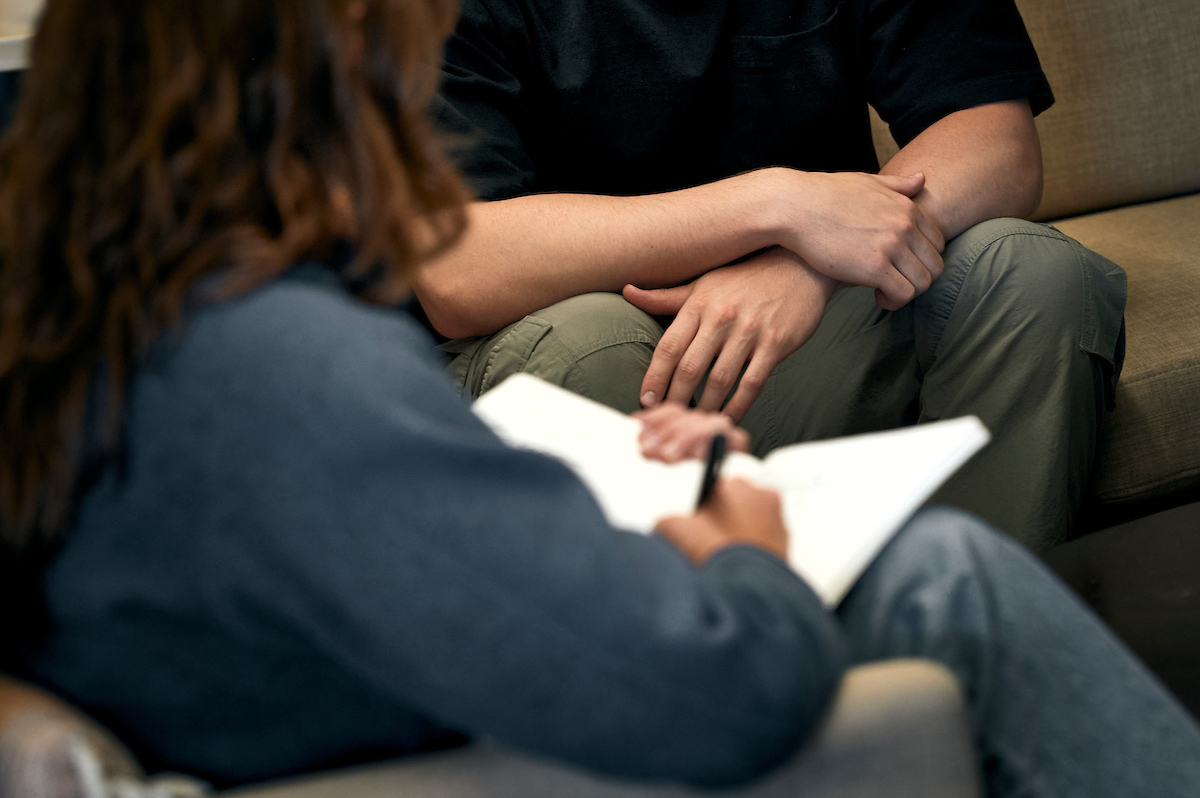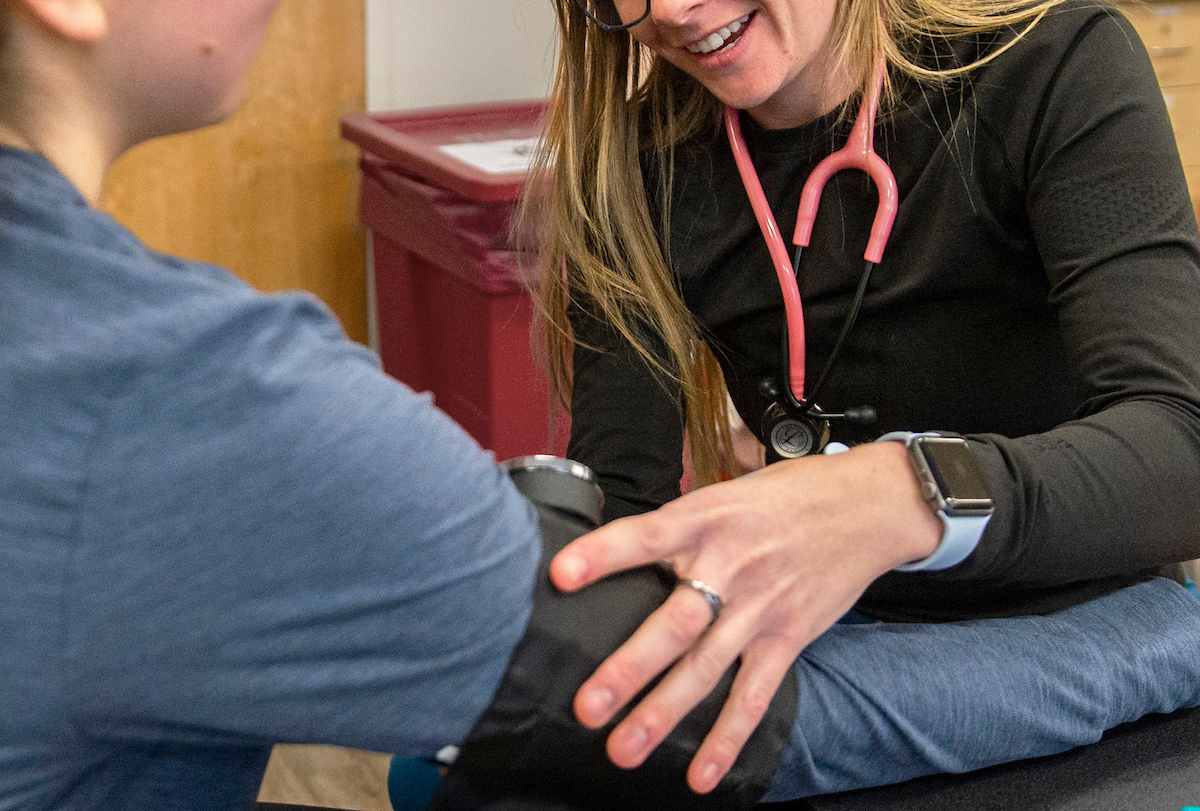Services
Health Education & Promotion
-
Prevention Education: Resources, education and support for students dealing with substance misuse and conduct issues. Access your required Thriving Together training HERE.
-
Basic Needs: Assistance and support for students facing challenges related to food insecurity and acquisition of public assistance resources.
- Safe Sex Resources: Plan B Kits, condoms, safe sex kits, and educational resources.
Mental Health
-
Counseling Services: Free and confidential counseling including brief individual, group, couples counseling, and crisis intervention.
-
Continuum of Services: Services designed to address a range of needs including non-clinical Let's Talk Drop-In Hours for quick consultations.
-
Referral Assistance: Access to care management services or online referral services to support use of community resources for specialized or long-term treatment.
-
Mental Health Presentations and Seminars: Information on mental health topics, including suicide prevention, to enhance awareness and provide coping strategies.
View more Counseling & Psychological Services

Recreation
-
Facility Access: Students enjoy access to top-notch fitness spaces, locker rooms, aquatics, climbing wall, outdoor fields, and courts for recreational activities.
-
Sports: Engage in friendly competition through a variety of intramural leagues and tournaments, fostering teamwork and camaraderie. Check out Club Sports to join competitive, intercollegiate teams.
-
Aquatics: Take a dip in the lap pool with aquatic lounge and vortex. Use the saunas or participate in swimming lessons.
-
Group Fitness Classes: Participate in fun and diverse fitness classes designed for all levels of experience and ability.
-
Personal Training: Individual training and coaching designed to meet you where you are and help you achieve your own personal fitness goals.
-
Outdoor Recreation: Explore the natural beauty of Montana with organized outdoor trips and excursions and gear rental.
-
Bike & Ski Shop: Fix your bike or tune up your skis. Let us help you care for your gear!
- Bobcat Summer Youth Camp: Summer camp designed for grades 1 - 6, providing games, sports, swimming and cooperative skil development.
View more Campus Recreation services
Healthcare
-
Medical Care: Primary care and same day appointments, immunizations, sexual health care, lab testing and x-ray services.
-
Dental Care: Preventative and urgent dental services including cleanings, exams, fillings, guards and retainers, and other oral health treatments.
-
Pharmacy: Convenient access to prescription medications, over-the-counter drugs, medication consultation, and pharmacy advice.
-
Nutrition Services: Nutrition counseling and education from registered dietitians for a personalized approach toward food and activity choices that support a thriving lifestyle.



